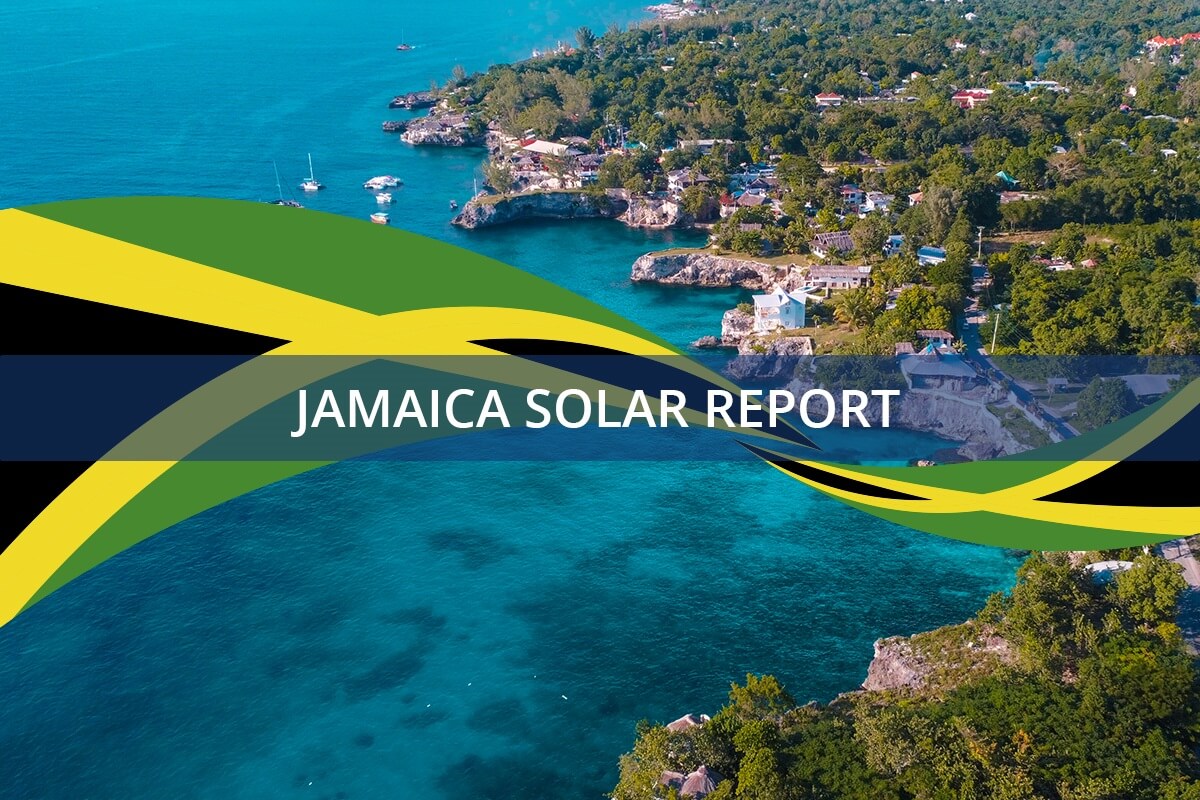The Jamaican government is making significant strides in prioritizing renewable energy to reduce the country’s energy costs and carbon footprint. Prime Minister Andrew Holness has announced ambitious plans to increase the contribution of renewables to the national grid by 600 megawatts over the next five years. This initiative is part of the country’s broader efforts to lower energy prices and stimulate economic growth.
Jamaica renewable energy transition
During his address at the Jamaica Energy Resilience Alliance Expo and Forum, Prime Minister Holness emphasized the critical need to diversify Jamaica’s energy sources. He highlighted ongoing efforts to make renewable energy more accessible and affordable for both businesses and households.
\”The government is prioritizing renewable energy to significantly reduce the cost of energy in Jamaica,\” Holness stated. The transition to renewables is seen as a crucial step in reducing the country’s carbon footprint and mitigating the effects of climate change.
Regulatory reforms supporting Jamaica renewable energy
Prime Minister Holness also discussed ongoing regulatory reforms designed to encourage private sector investment in renewable energy. The Office of Utilities Regulation (OUR) is in the process of developing new regulations aimed at promoting competition and lowering energy prices.
\”The government is committed to a competitive process for the procurement of new energy supplies,\” Holness said. \”We are currently awaiting the final recommendations from OUR on the regulatory framework to guide this competitive process.\”
Overcoming challenges in Jamaica renewable energy development
While progress has been made in integrating renewable energy into the national grid, Holness acknowledged that significant challenges remain. Jamaica’s energy sector is still heavily reliant on fossil fuels, which account for 80% of the country’s energy supply.
The Prime Minister highlighted the importance of energy security, noting that Jamaica’s dependence on imported fossil fuels makes it vulnerable to global oil price fluctuations. He stressed the need for a diversified energy mix to reduce this vulnerability and ensure a stable energy supply.
Government initiatives advancing Jamaica renewable energy
The Jamaican government has initiated several programs to promote renewable energy. These include the Energy Security and Efficiency Enhancement Project (ESEEP), which aims to improve energy efficiency and increase the use of renewable energy. Additionally, the Energy Management and Efficiency Programme (EMEP) focuses on enhancing energy efficiency in public sector buildings and promoting renewable energy in schools and hospitals.
International support for Jamaica renewable energy projects
Jamaica’s push for renewable energy has garnered international support, with several development partners providing financial and technical assistance. Organizations such as the Inter-American Development Bank (IDB), the World Bank, and the European Union have all contributed to various renewable energy projects across the island. The government is also collaborating with international partners to develop a National Energy Policy, which will outline a comprehensive strategy for achieving energy security and sustainability.
The Jamaican government’s commitment to renewable energy is a significant step toward reducing energy costs and fostering economic growth. As the country continues to diversify its energy mix and implement regulatory reforms, it positions itself to become a regional leader in renewable energy.

